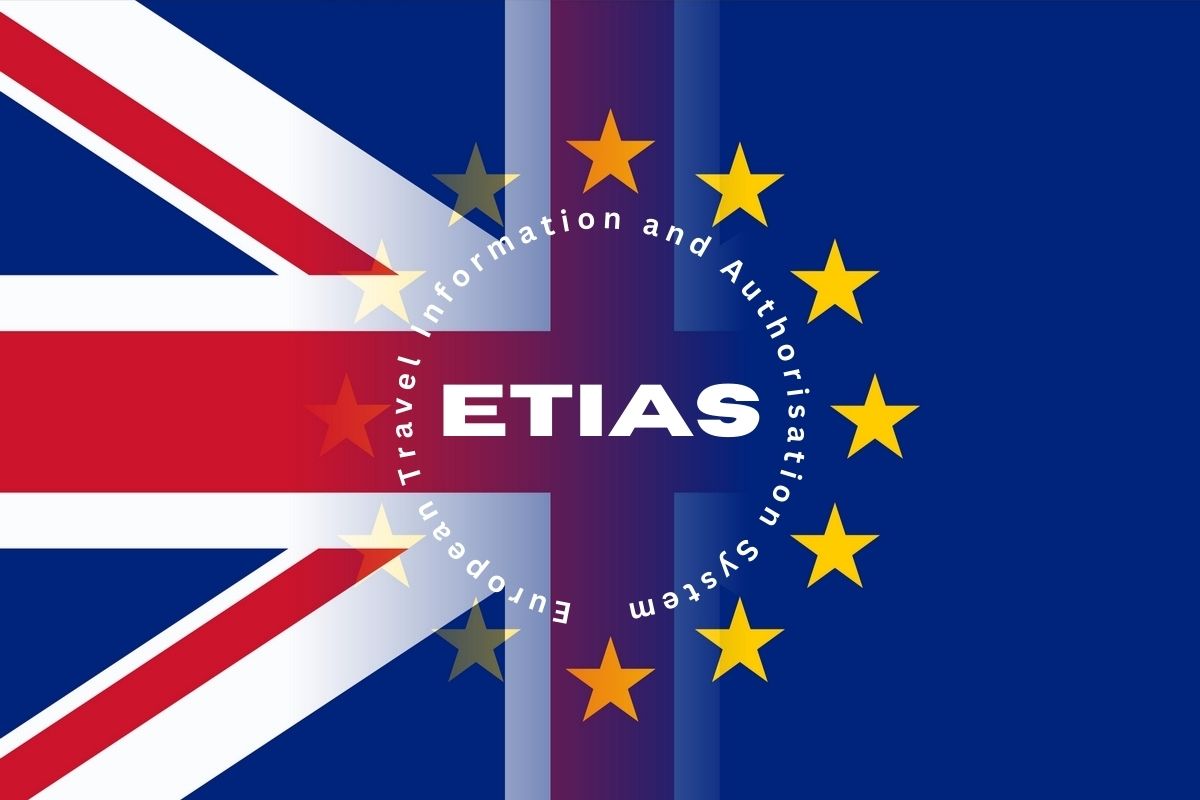
The European Union is set to implement a €7 (£6) visa waiver for non-EU citizens, including UK travellers, by mid-2025. This new requirement, similar to the U.S. ESTA, will apply to visitors from select non-EU countries who plan to visit 30 European countries.
What is the ETIAS?
The upcoming visa waiver program, known as the European Travel Information and Authorisation System (ETIAS), will require citizens from non-EU countries on the approved list, including the UK, to apply before travelling.
Currently, UK citizens can visit the Schengen Area for up to 90 days within 180 days without needing a visa. This privilege will soon require ETIAS approval.
The ETIAS will cover travel to the Schengen Area, which includes most EU member states, as well as Iceland, Liechtenstein, Norway, and Switzerland. Ireland and Cyprus are excluded.
Key Details About ETIAS
Validity: The ETIAS authorization will be valid for three years, permitting unlimited entries to the Schengen Area within the 90-day-per-180-day rule. Travellers must reapply after three years.
Linked to Passport: The ETIAS will be electronically linked to your passport. If your passport expires before the ETIAS does, you must apply for a new ETIAS with your new passport.
Application Process: The ETIAS application can be completed online or through a mobile app. It takes around 10 minutes to fill out, requiring passport details, and information about your criminal and medical history.
Approval: Most ETIAS applications will be automatically approved within minutes. However, some applications may require up to 72 hours for processing. In rare cases, approval could take up to four weeks.
Fee: The ETIAS application fee is €7 for individuals aged 18 to 70. Children and seniors over 70 are exempt from the fee, allowing them to apply for free.
When Will ETIAS Begin?
The European Union has announced that the ETIAS will likely start in the first half of 2025. However, the exact date is yet to be confirmed. There will be a grace period of at least six months after the launch during which the waiver requirement will not be enforced, although travelers are advised to apply early.
Why is the ETIAS Being Introduced?
The EU’s decision to introduce the ETIAS stems from increasing concerns over security and migration. The system is designed to enhance security checks for travellers entering the EU without a visa, aiming to prevent cross-border crime and terrorism. According to the EU, the ETIAS will help assess potential risks posed by travellers.
Introduction of the Entry/Exit System (EES)
In addition to the ETIAS, the EU will launch another border control system, the Entry/Exit System (EES), on November 10, 2024. This digital system will require non-EU citizens to register their fingerprints, photos, and passport details upon entering the EU.
This registration will replace the current passport stamping process and will need to be validated with each border crossing during the three-year validity period.
The Entry/Exit System aims to strengthen security by making it easier to track the duration of visitors’ stays and to detect fraudulent activities, such as the use of fake passports. However, the system is expected to increase processing times at borders, potentially leading to longer queues.
Preparing for the Changes
As the EU prepares to roll out these new systems, travellers are encouraged to stay informed and plan. The UK government has advised that more information will be provided closer to the launch date.
